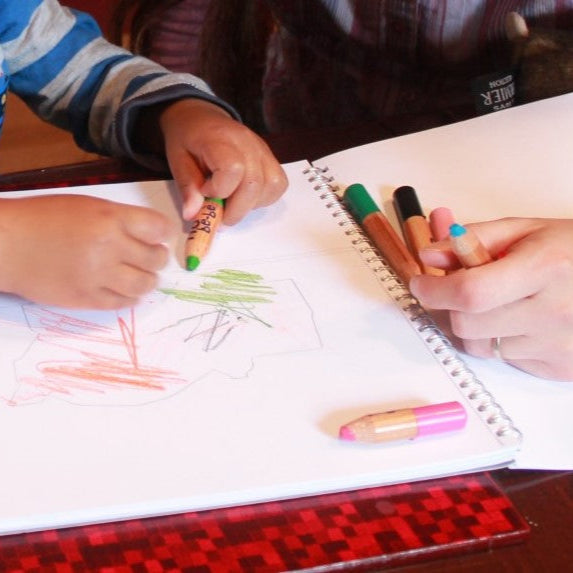
Working with Your Child’s School to Support Early Learning
As a parent or carer, you are your child’s first and most important teacher. From the moment they are born, you are helping them to understand the world, shaping their attitudes, and building the habits that will guide them for years to come. Even when your child starts nursery or school, your influence remains just as important.
Research shows just how powerful this influence can be. A review by Goodall and Vorhaus (2011) found that when parents are actively engaged in their child’s education, not just involved in school life, children are more likely to achieve better results. Engagement means supporting learning at home, reinforcing what is taught in school, and maintaining regular, open communication with your child’s teachers.
Being involved in school life is valuable; going to assemblies, attending parents’ evenings, or helping at events all help you feel connected. But engagement is about more than presence. It’s about what happens day-to-day at home. Asking your child about their day, listening to their experiences, and showing genuine interest sends the message that school matters. Creating routines around healthy sleep, balanced screen time, and independent learning also builds the foundation for success.
A strong relationship with your child’s school benefits everyone. Share your knowledge of your child’s strengths, challenges, and interests so teachers can tailor their approach. Ask for ideas on how you can support learning at home. If something is worrying you, whether it’s about your child’s progress, friendships, or wellbeing, bring it up early so you can address it together.
Mouse Club advocates that schools use an approach called Model – Mentor – Coach to show you what your child is learning in school. Your child’s teachers may model an activity for you, explaining why it’s helpful. They may then mentor you as you try it yourself, offering encouragement and tips. Finally, they may coach you over time, checking in, listening to how it’s going, and suggesting next steps. This is not about adding pressure to your already busy life. Instead, it’s about making learning a natural part of everyday routines, reading together, counting while cooking, or exploring nature on a walk. It’s an approach that you can use at home to allow your family to share learning with each other, too!
The more home and school work together, the stronger the support network around your child becomes. By engaging with your child’s learning and keeping open lines of communication with their educators, you are helping to create a partnership that will help your child thrive both now and in the future.
